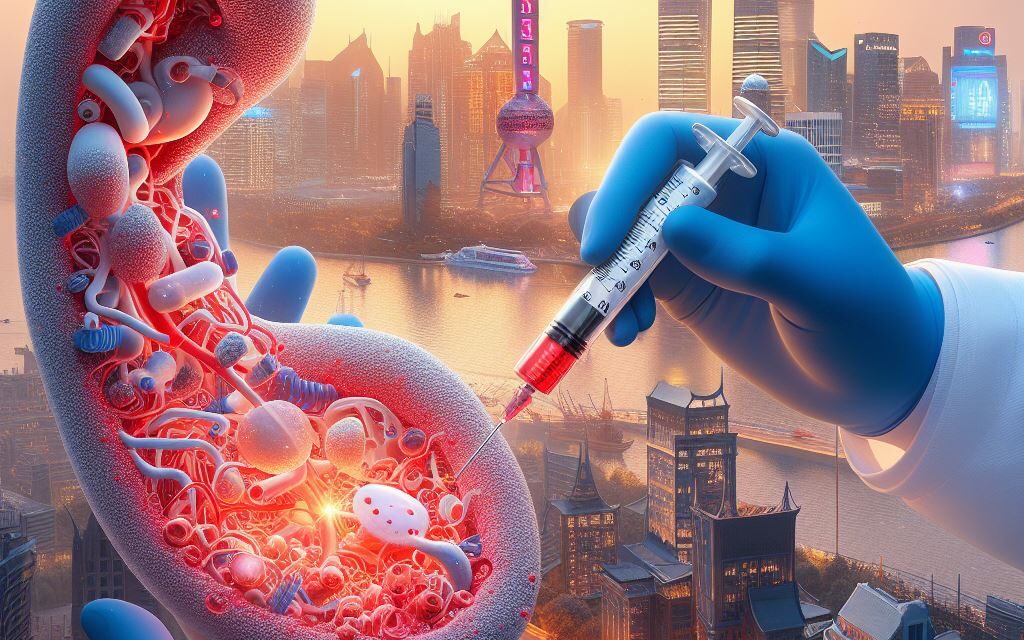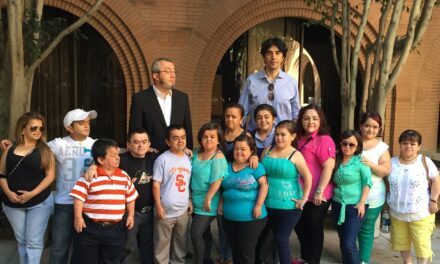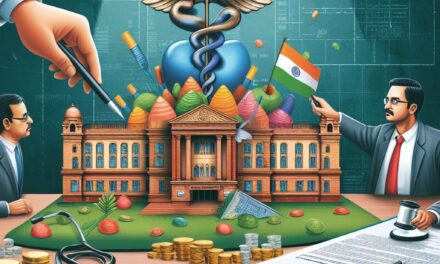India is facing a critical shortage of stem cell donors, a situation that threatens the lives of over 70,000 individuals who succumb to blood cancer each year. Health experts, speaking ahead of World Blood Cancer Day, emphasized the dire need for more donors to combat this deadly disease, as well as other serious blood disorders such as thalassemia and aplastic anemia.
Observed annually on May 28, World Blood Cancer Day aims to raise awareness about blood cancers and the vital role of stem cell transplants. Despite the availability of conventional treatments like chemotherapy and radiation therapy, many patients with blood cancer rely on stem cell transplants as their only hope for survival.
Dr. Rahul Bhargava, Principal Director & Chief of Bone Marrow Transplant at Fortis Memorial Research Institute in Gurugram, highlighted the urgency of the situation. “India, being the thalassemia capital of the world, also has a high prevalence of blood cancers. Stem cell transplants are often the only curative option for these conditions, but finding a compatible stem cell match is difficult, especially in a country as genetically diverse as India,” he said.
The statistics are staggering: every five minutes, someone in India is diagnosed with blood cancer or a severe blood disorder. Yet, the country faces a severe shortage of registered blood stem cell donors. According to Patrick Paul, CEO of DKMS BMST Foundation India, a non-profit organization, India has only about 600,000 registered donors compared to the global registry, which has over 41 million. “Thousands of patients are in dire need of matching stem cell donors to undergo life-saving transplants. We need to expand our donor database significantly to provide these patients with a fighting chance,” Paul stated.
One of the major hurdles in increasing the number of donors is the lack of awareness and prevalent misconceptions about the donation process. Many potential donors are hesitant to register due to fears and misunderstandings about the procedure.
Dr. Bhargava explained, “Increased awareness and participation in donor registries are crucial to meeting this life-saving need. Stem cell therapy involves using stem cells to repair or replace damaged tissues or organs. It is used to treat various blood cancers, including leukemia and lymphoma.”
Matching for stem cell transplants is based on Human Leukocyte Antigen (HLA) characteristics, rather than just blood type, which complicates the process further. To become a potential donor, individuals must be healthy adults aged between 18 and 55.
As World Blood Cancer Day approaches, health experts and advocates are urging more people to consider registering as stem cell donors. By doing so, they can contribute to saving lives and offering hope to those battling blood cancers and other severe blood disorders.












